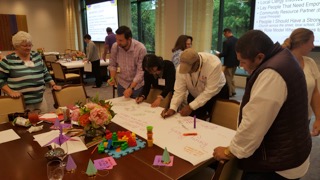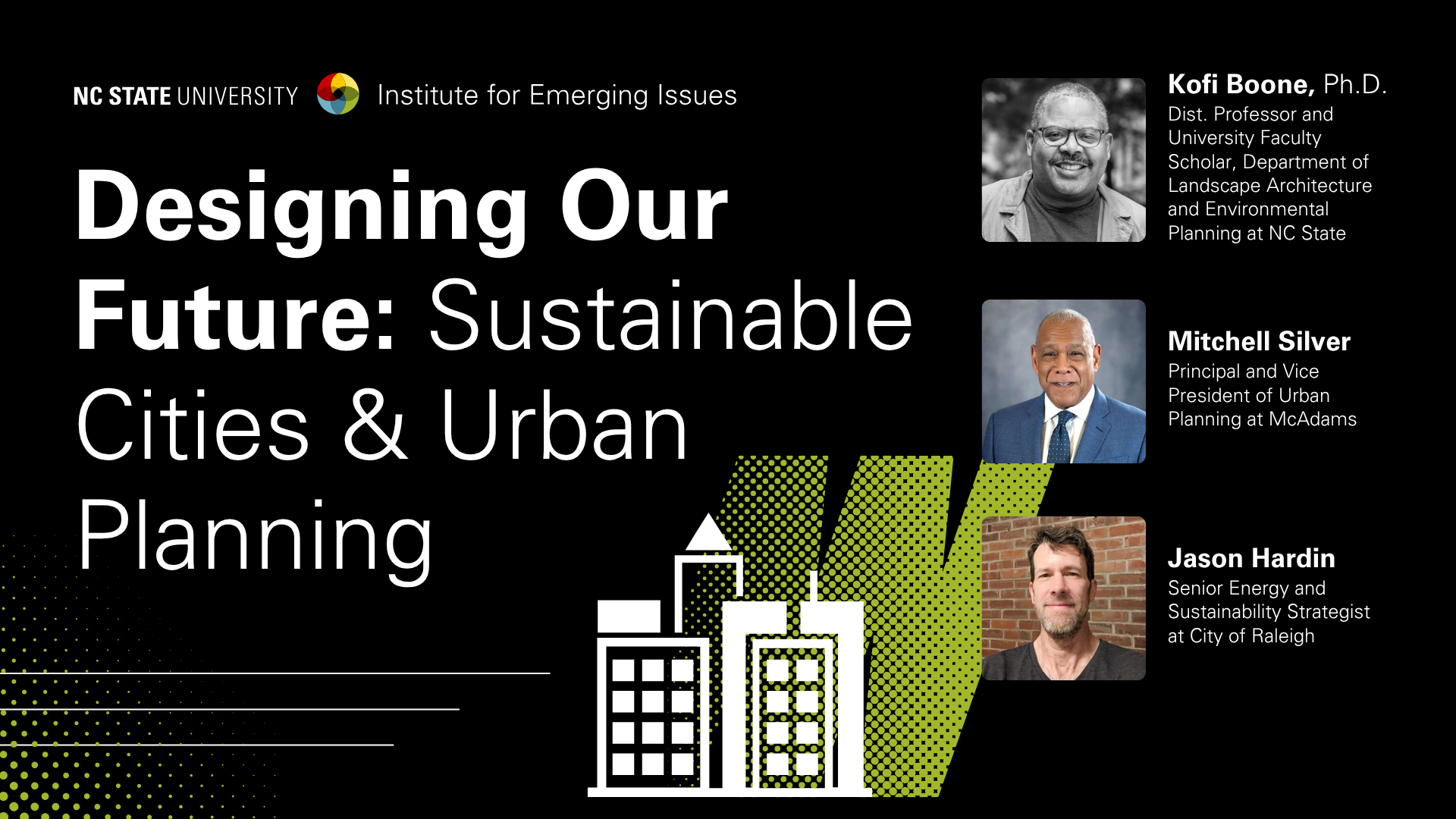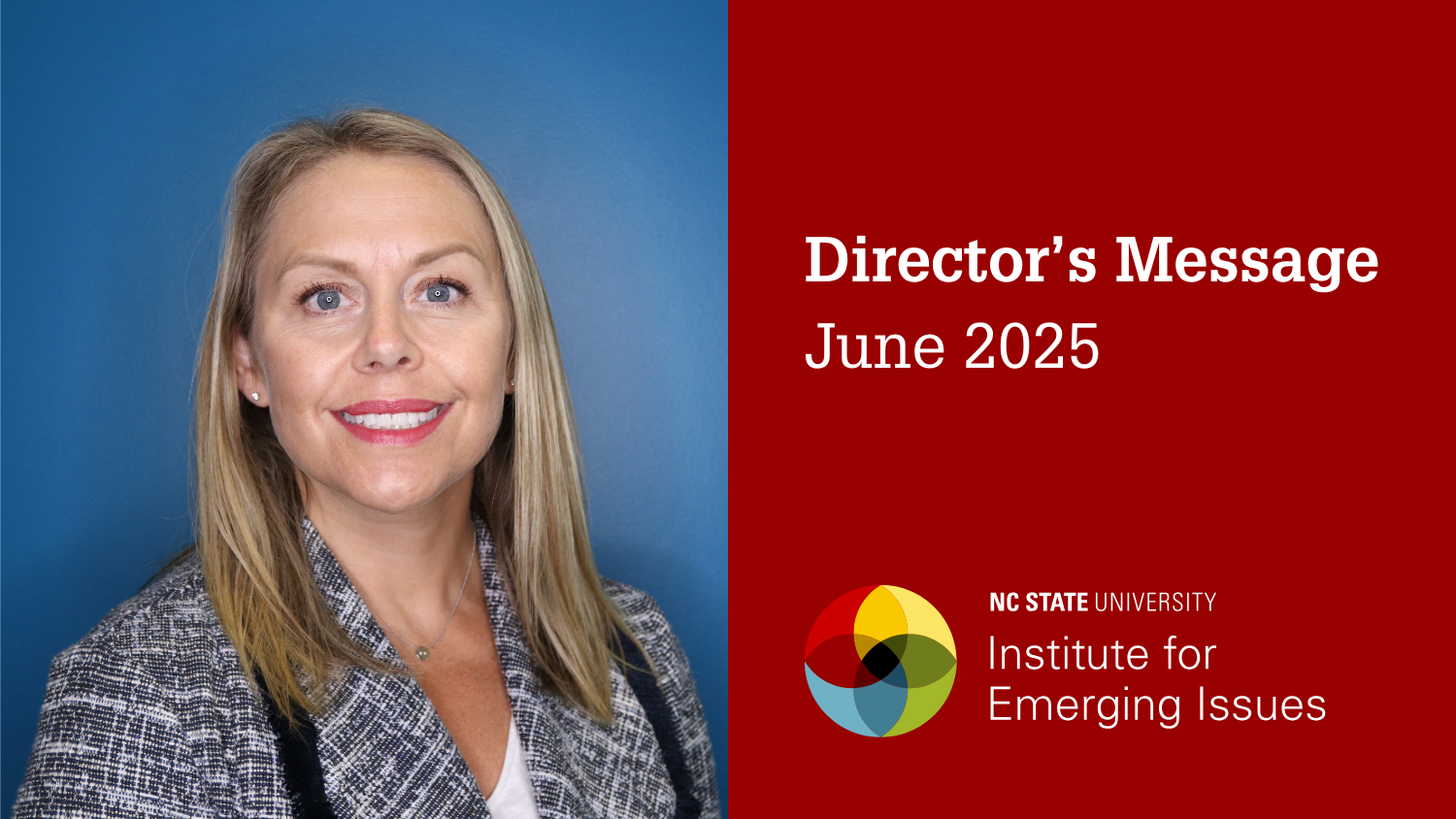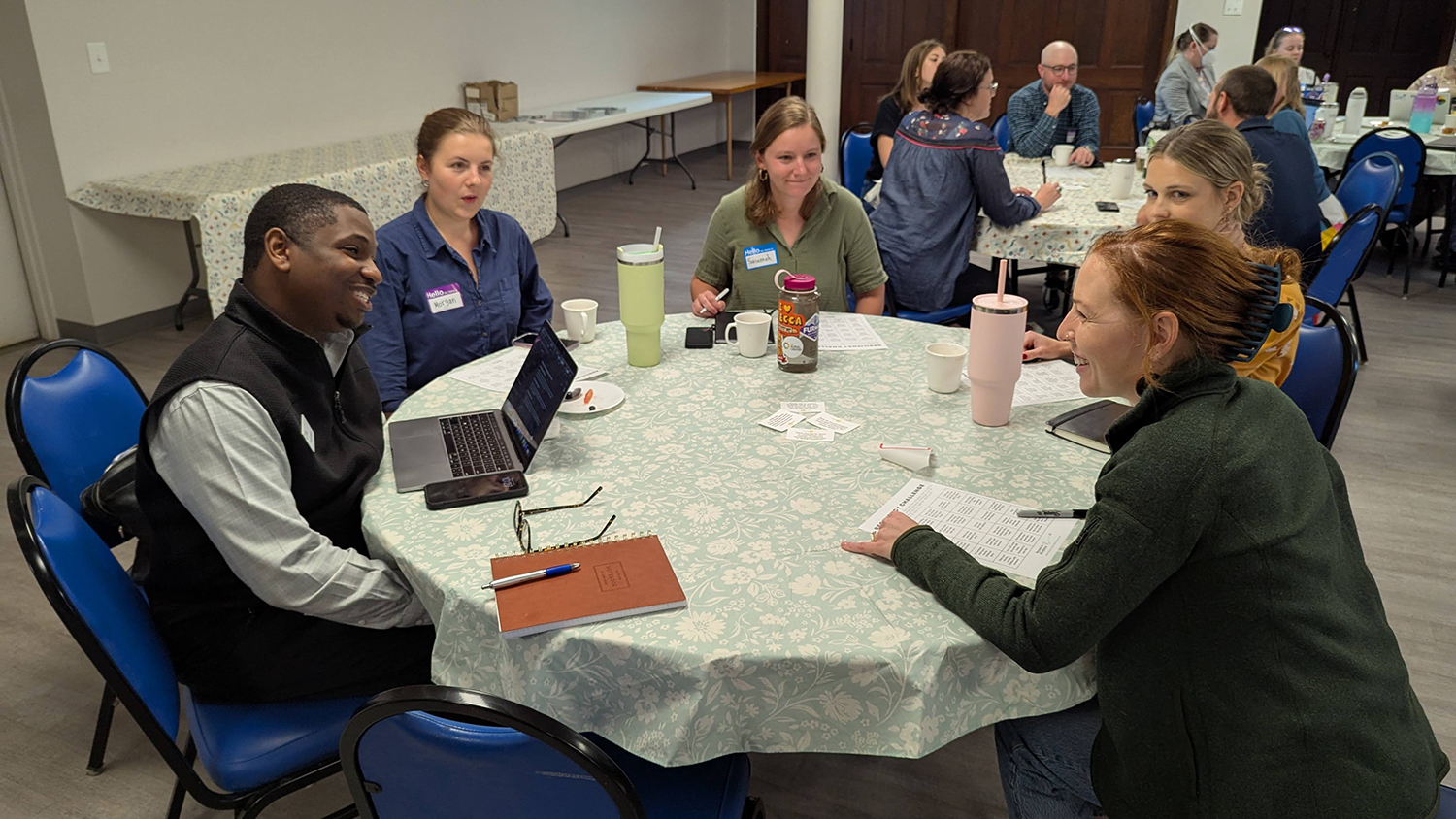Charlotte’s Favorite Rural Convening

 We deemed the event “Charlotte’s favorite rural convening.” Of course, I don’t know if that’s true, but when close to one hundred rural faith and state-wide non-profit leaders descended on downtown Charlotte earlier this summer, I had to smile. IEI was co-hosting the 3rd annual Rural Faith Communities as Anchor Institutions (RFCAI) Conference at the beautiful Duke Endowment space for the first time. The Duke Endowment’s innovative support of rural faith communities intersects with their other meaningful work around health care, childcare, and higher education. IEI’s 2017-18 focus on kidonomics: The Economics of Early Childhood Investment was a perfect match for seeing more of the Duke Endowment’s important role in whole child care.
We deemed the event “Charlotte’s favorite rural convening.” Of course, I don’t know if that’s true, but when close to one hundred rural faith and state-wide non-profit leaders descended on downtown Charlotte earlier this summer, I had to smile. IEI was co-hosting the 3rd annual Rural Faith Communities as Anchor Institutions (RFCAI) Conference at the beautiful Duke Endowment space for the first time. The Duke Endowment’s innovative support of rural faith communities intersects with their other meaningful work around health care, childcare, and higher education. IEI’s 2017-18 focus on kidonomics: The Economics of Early Childhood Investment was a perfect match for seeing more of the Duke Endowment’s important role in whole child care.
Our two-day gathering covered a number of topics. Rural opportunities were presented by statewide partners and discussed in small groups with pastors and lay people from the Outerbanks and Rutherfordton, and everywhere in between. We talked about issues our faith leaders said were important to them in their community ministries: toxic stress, racism, after-school mentoring, and mental health to name a few.
One of my favorite moments from the May conference was hearing from a participant, new to this type of work. They were a rural pastor that did a lot on their own to engage their congregation with community relationships, but were excited that they met others doing similar work across North Carolina; that they weren’t “going at it alone” as she shared with me.
Our rural communities are investing in their children. I’m constantly surprised with stories of how faith communities are partnering or leading initiatives in their communities to make sure children are safe, loved, fed, nurtured and not forgotten. Including rural faith leaders in important convenings—like the IEI Emerging Issues Forum—is not instinctual for many organizations; but I challenge similar organizations dedicated to the success of North Carolina to extend the invitation.
Out of our RFCAI conference has emerged a series of peer networks – faith leaders from every corner of the state sharing stories and strategies around important issues like early childhood, good community partnerships, and cross-cultural relationships. Our rural pastors do more than pray, they meet with community leaders to ignite change. Our rural laity don’t just show up to church on Sunday, they volunteer at schools Monday morning.
Thank you to all of our participants that attended our Rural Faith Communities As Anchor Institutions conference this year hosted by the Duke Endowment. As we look toward this next year of rural community development with faith communities, we ask these questions:
- What people and issues do we already care about as a congregation (ex. hunger, literacy)?
- Who are we partnering with to learn more and deepen our impact?
- Who else in our area or across North Carolina has a similar mission?
- How do we encourage congregation members to volunteer for important and relational community projects?
- What’s the status of early childhood education in our county? How is our congregation supporting families during the most formative and vulnerable ages of 0-8 for children?
- How do we do this work equitably, inviting people of different ages, faiths, socioeconomic statuses, genders, abilities, and ethnicities to participate and lead collaborative efforts?
- How can we empower lay leaders to learn more about how state policies affect their rural communities?
If you are a rural faith leader or are interested in working with other faith leaders on community development or our peer networks, contact IEI’s Rural Faith Communities Fellow Kylie Foley at kdfoley@ncsu.edu.
- Categories:


